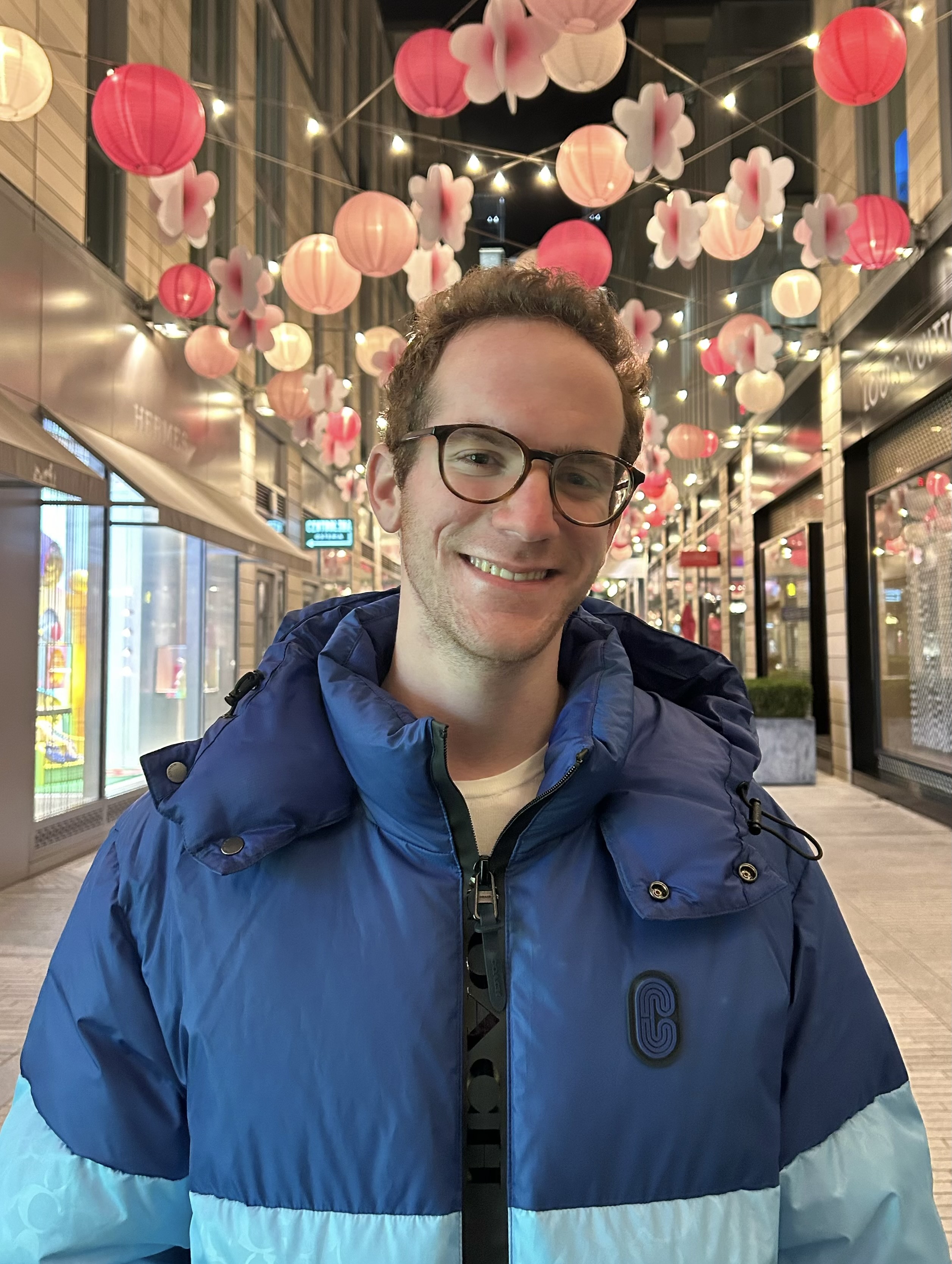Roie Dahan is a rising third-year majoring in Theatre with an Integrated Marketing Communications certificate. He plans to create a podcast series with interviews from second-generation Mizrahi Jewish immigrants.
Tell me about your SURG topic.
Dahan: I’m interviewing second-generation Mizrahi Jews on their family’s immigration experiences in Israel, both on the stories of the immigration itself and how they were introduced to Israeli society. Also how the effects of that immigration process affected the way that they grew up and interacted with Israeli society in terms of their family’s history and also their identity as Mizrahi Jews – Mizrahi Jews meaning Jews from the Middle East and North Africa.
What got you interested in this research topic?
Dahan: I took a class last spring about otherness and othering in Israeli film. In this class, we learned about all kinds of different minority groups within Israel and then conjunct with movies that discuss the issues of these minority groups and historical texts. My grandma immigrated to Israel from Tunisia and my grandpa immigrated from Morocco. As part of this class, one of the first groups that we learned about were the Mizrahi Jews and specifically about the immigration process in Israel because at the time, Israel was ruled primarily by a white European hegemony. A lot of these people, including my grandparents, escaped religious and ethnic persecution in the countries that they were living in. But when they arrived in Israel, because of the discrepancies between the leadership and the different cultures that were coming in and because the state was very young and they didn’t have enough space to accommodate this huge influx of immigrants, they established immigration camps and transit camps where immigrants were held. It was a very traumatic immigration process that my family was a part of, and I didn’t even know about it until I took this class. This is a relatively new field of study that has emerged in the 1980s and 1990s because of how young of a state Israel is. It’s really exciting for me to potentially be contributing to a new field of research, but also it feels very personal to me because I get to tell the stories of my family and families like mine.
How do you think this research will impact you in the long term?
Dahan: I feel really empowered by doing this research and it feels very important to me in terms of getting these stories out there and also trying to understand how the Mizrahi Jewish trauma manifests itself within the later generations because even though I’m third-generation, I do still feel parts of that within myself. I’m also only half Mizrahi because my mom’s side of the family is from Eastern Europe, but I even do feel that within myself. It’s really interesting to me to figure out and understand how that manifests within my dad, who is full Mizrahi and grew up in Israel holding that identity. In my practice as a theatermaker, which I see myself doing after college, I’m really invested in how we can create community within our art. A lot of that comes with bringing the stories of who we are and our identity into the creation space. So in part, this project has to do with me interrogating how our identity affects how we present ourselves to the world.
Meet the other SURG Recipients!
